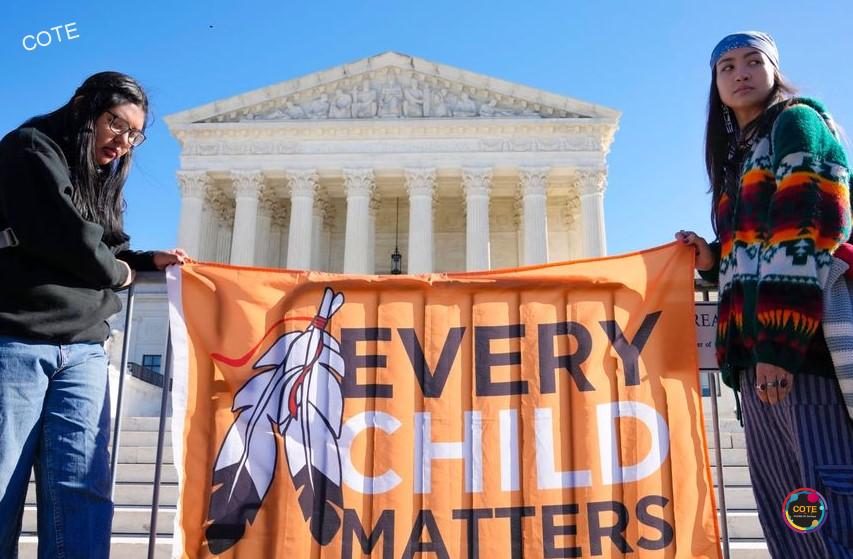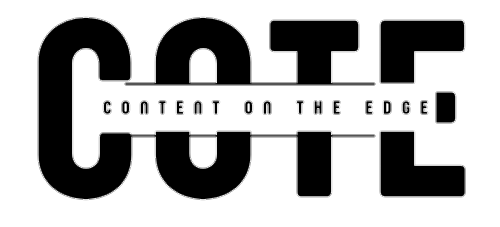The Supreme Court hears a challenge to a law governing Indian adoptions | INDOCOTE
A Texas couple claims that preferring tribal members as adoptive parents violates equal-protection guarantees. The constitutional position of American Indians was before the Supreme Court on Wednesday, when the justices heard arguments challenging a federal legislation that encourages Native American families to adopt American Indian children.
The Indian Child Welfare Act of 1978 requires family courts handling Native American adoptions to give precedence to members of the child’s tribe or other Native American families if members of their own families are unavailable. With the support of the state of Texas, a white foster couple wishing to adopt an American Indian kid challenged the legislation as violating equal protection and other constitutional concerns.
The 1978 statute signalled a shift in federal policies toward tribes, from assimilation campaigns such as boarding schools to Native American culture preservation and limited self-government for tribal members. During Wednesday’s arguments, Justice Brett Kavanaugh characterised the case’s contradiction between a history of tribal prejudice and oppression on the one hand and the principle of treating individuals equally on the other.
He stated that the court would never allow Congress to give white parents a preference for adopting white children or Latino families a preference for adopting Latino children.
In defending the 1978 law, Deputy Solicitor General Edwin Kneedler stated that it was not based on racial classifications, which the court considers anathema, but rather on a political distinction recognised by the Constitution and numerous treaties signed by the United States with Native American tribes.
Justice Amy Coney Barrett questioned the backup provision favouring adoption by members of distinct tribes, saying it was one thing to prefer adoptions from members of a child’s tribe. “This is simply considering Indian tribes as interchangeable,” she explained.
Mr. Kneedler explained that “each of those tribes has a political government-to-government relationship with the United States” and that they share “certain similar cultural links or customs.”
If the 1978 act is overturned, it may call into doubt other government programmes that support Native Americans, such as the Indian Health Service and subsidies to schools where American Indian students attend.
According to Matthew McGill, the Texas couple’s attorney, the Constitution limits congressional control over Native American issues to matters such as commerce and self-government. Family law, which is normally handled by state courts, should be excluded, he says.

According to Mr. McGill, the legislation “treats children as property” that belongs to the tribes in various ways. He went on to say that it is based on a “series of preconceptions about what is ideal for Indian youngsters.” Justice Sonia Sotomayor stated that Congress has traditionally regulated broadly in regard to American Indians, such as the 1790 Trade and Intercourse Act, which intended to safeguard them.
According to Ian Gershengorn, who represents numerous American Indian tribes, Congress passed the law in response to a crisis in which state courts were placing one-third of Indian adoptees in non-Indian households. Those numbers, he claimed, jeopardised the tribes’ continued viability. “Are you arguing that the political community is more essential than children’s welfare?” Justice Elena Kagan inquired.
Mr. Gershengorn stated, “Congress determined that ICWA was in the best interests of the children.” The verdict in the case of Haaland v. Brackeen is expected by the end of July.

| Social Media Links:- | #CONTENTONTHEEDGE – C.O.T.E |
| Youtube- ✅ | Subscribe to the YouTube channel of Content on the Edge |
| Facebook- ✅ | Like and Follow on Facebook for Latest content videos of C.O.T.E |
| Instagram- ✅ | Follow on Instagram for Latest content |
| Twitter- ✅ | Join Content on the Edge on Twitter for latest updates |
| Telegram Channel- ✅ | Join Telegram Channel to get latest files and updates |
| Telegram Group- ✅ | Join C.O.T.E Telegram Group to get latest updates |
| Whatsapp- ✅ | Click to text C.O.T.E on Whatsapp |
| Whatsapp Channel- ✅ | Click to Join C.O.T.E Whatsapp Channel for Latest Updates |



